Education health and care plans (EHCPs)
Education Health and Care Plans (EHCPs)
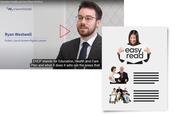
This Easy Read is about the Education Health and Care Plans (EHCPs) video presented by Ryan Westwell who works for Irwin Mitchell.
Irwin Mitchell are a company who give legal and financial advice to people and businesses.
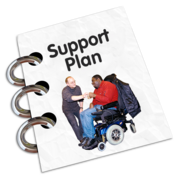
What is an Education Health and Care Plan (EHCP)?
An EHCP is a plan that tells people what help a child or young person who needs extra help at school should have.
The plan can include:
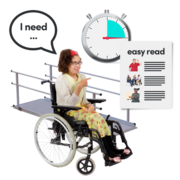
- information about the child's or young person's
learning disability
 A learning disability is to do with the way someone's brain works. It makes it harder for someone to learn, understand or do things.
and what they will need.
A learning disability is to do with the way someone's brain works. It makes it harder for someone to learn, understand or do things.
and what they will need.

support from their own Teaching Assistant (TA) at school.
This type of personal support is called a special educational provision.
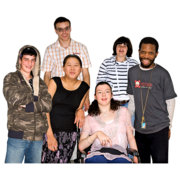
An EHCP can last until the child or young person is 25 years old.

The EHCP is looked at each year by the
local authority
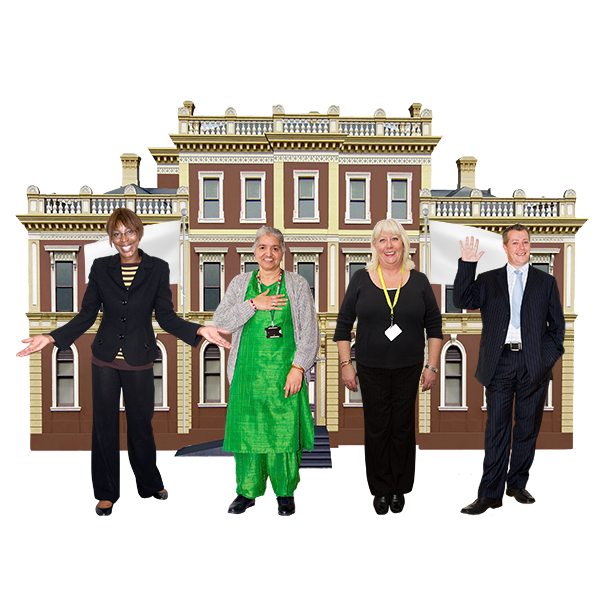 A local authority is also called a
council
A local authority is also called a
council
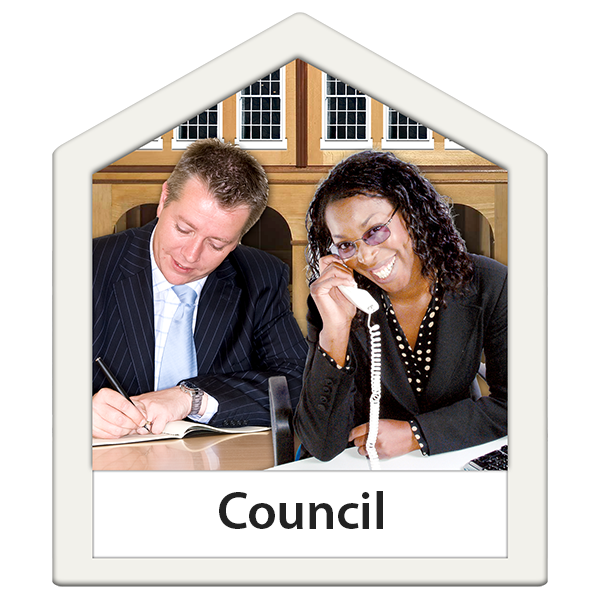 A council is also called a local authority. They are a group of people who make decisions about some of the things in the area where you live. These include: schools,
social care
A council is also called a local authority. They are a group of people who make decisions about some of the things in the area where you live. These include: schools,
social care
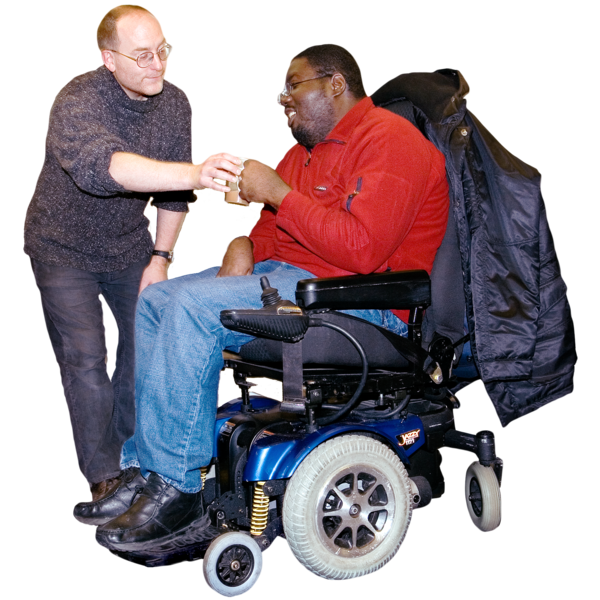 Social care means the services that give care and support to people who need it.
(support for people), parks and dustbin collection.
. They are a group of people who make decisions about some of the things in the area where you live like schools, social care (support for people), parks and dustbin collection.
to make sure it is still right for the child or young person.
Social care means the services that give care and support to people who need it.
(support for people), parks and dustbin collection.
. They are a group of people who make decisions about some of the things in the area where you live like schools, social care (support for people), parks and dustbin collection.
to make sure it is still right for the child or young person.
This is called an annual review.
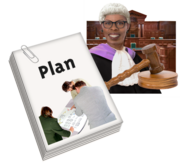
The things that are listed in the EHCP are legally binding.
Legally binding means the instructions in the plan must be followed by the local authority.

Who can ask for an EHCP?
The people who can ask for a EHCP are:
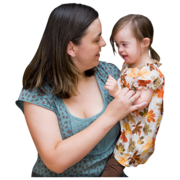
- The parents of the child or young person.
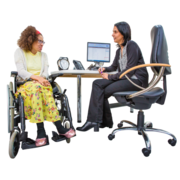
A professional who knows the young person or child.
This could be someone like their doctor.

- A professional at the school like a teacher or the Headteacher.

- A young person who is 16 or over who needs and EHCP can ask for one themselves - if they are able to.
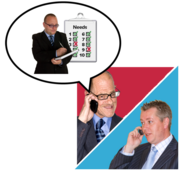
If you would like an EHCP you should first ask for an Education, Health, Care and Needs
Assessment
 An assessment is a way of finding out what help a person needs. When you have an assessment, you might have to go to a meeting or fill in a form.
.
An assessment is a way of finding out what help a person needs. When you have an assessment, you might have to go to a meeting or fill in a form.
.
Having an Education, Health, Care and Needs Assessment helps the local authority decide if you need an EHCP.

How long does it take to get an EHCP?
After you have asked for an EHCP the local authority have 6 weeks to tell you if you need an assessment.
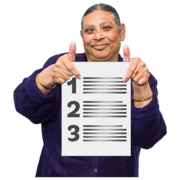
The assessment includes information from lots of people and professionals from the school who know the child or young person.

The local authority have up to 16 weeks to decide if they are going to make an EHCP for the child or young person.

The local authority will let the parents see the first plan they make.
The parents can tell the authority what they think of the plan.
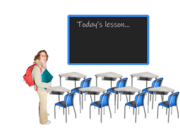
The parents can also say which school they would like to be put in the EHCP.
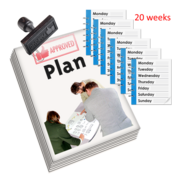
The final EHCP has to be made by the local authority within 20 weeks from when you first asked them for it.

Irwin Michell can give you more information about an EHCP, or alternatively you can contact the Learning Disability Helpline by:
- Phone: 0808 808 1111
- Email: helpline@mencap.org.uk
- Our online form